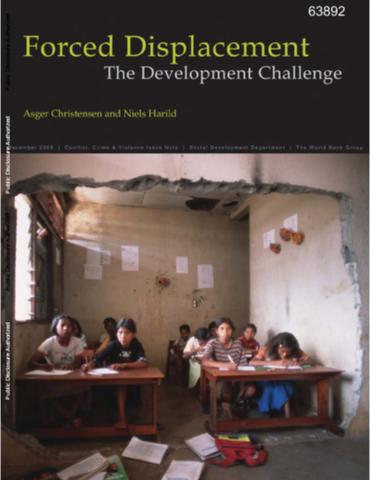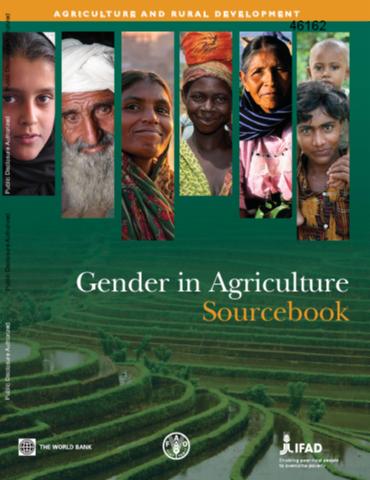Property rights and western United States water markets
This paper addresses water scarcity issues in the American West and examines the allocation of water through the appropriative rights system and the extent markets are used to reallocate water from low- to high-valued uses. The unique physical properties of water make it difficult to bound and measure, which makes defining property rights difficult. Markets are also impeded by disputes over third-party effects due to the interdependencies of water users and complex institutional arrangements that dilute decision-making authority.




